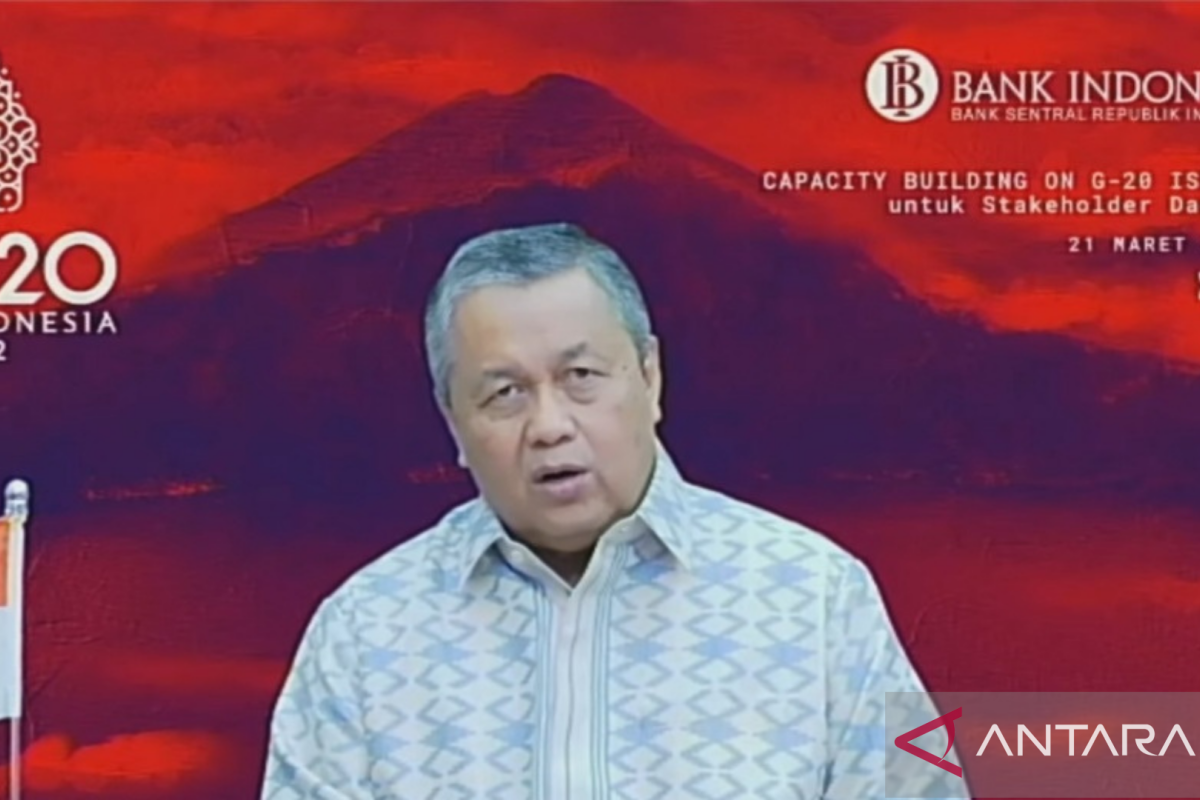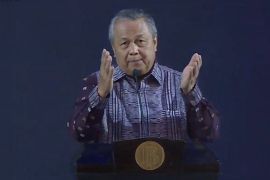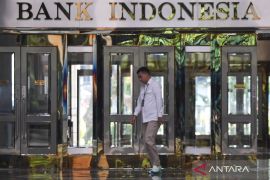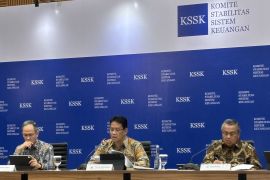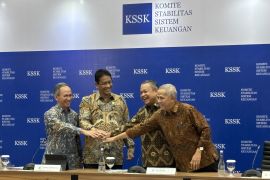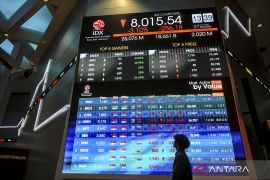In 2021, the global economy showed imbalanced growth due to the pandemic, despite recording a relatively high increase of 5.7 percent.
"The problem is, this high global economy grew in two big countries, namely the United States and China, which, of course, become unbalanced," Warjiyo said while speaking at Leader's Insight, a public lecture organized by BI, here on Monday.
Next year, the global economy could grow 4.4 percent, he estimated.
The pattern of unbalanced global economic growth has been seen because developed countries can grow fast, while developing countries develop very slowly.
The BI Governor pointed out that developed countries can vaccinate their populations quickly, thus pouring out fiscal and monetary stimulus on a large scale.
"In developing countries, however, the capability is limited," he noted.
In many developing countries, the capability to buy vaccines and implement measures to deal with the pandemic are limited, and even fiscal and monetary stimulus are limited, he added.
In addition, many developing countries, especially in Africa, are burdened.
Related news: G20: Marsudi highlights three global digital economy cooperation modes
Therefore, the global economic imbalance after the pandemic has served as the basis for the theme of Indonesia's G20 Presidency, namely recovering stronger and recovering together, he stated.
Indonesia was elected to the G20 Presidency for 2022 during the G20 Summit in Riyadh, Saudi Arabia in November 2020.
The Group of 20 or G20 is an international forum that brings together the world’s major economies. Its members account for more than 80 percent of global GDP (gross domestic product), 75 percent of global trade, and 60 percent of the population of the planet.
Related news: Middle class constitutes 84 percent of global population by 2045
Translator: Agatha OV, Fardah
Editor: Rahmad Nasution
Copyright © ANTARA 2022
